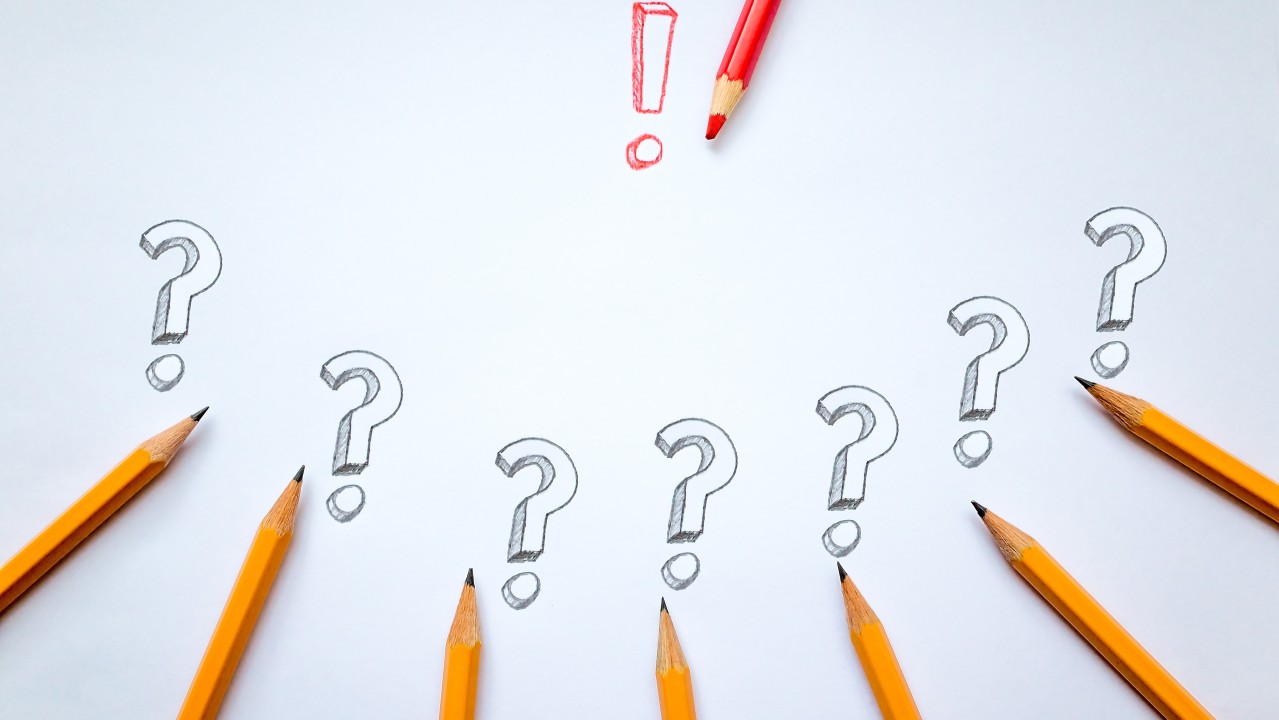1. Why don't people understand me?
- You're speaking from your preferred style, not theirs. People have different communication filters. Without adapting, your message can miss the mark.
- You assume clarity when your message lacks context. What's clear to you may feel incomplete or confusing to someone else.
- Your body language and tone contradict your words. Nonverbal cues often override verbal content, creating confusion.
2. How can I say this without offending someone?
- Lead with empathy, not accusation. Use phrases like “I noticed…” or “Can we talk about…” instead of “You always…”
- Focus on behavior, not personality. Address what happened, not who they are.
- Use timing and setting wisely. A difficult truth in a safe, private space goes much further than public correction.
3. Why do some people shut down or get defensive when I talk?
- You may be unintentionally triggering past emotional experiences. Words carry emotional weight—tone and timing matter.
- They feel unheard or disrespected. Interruptions, dismissive language, or rushing to fix can shut people down.
- You might be using “you” language instead of “we” or “I” statements. Blame creates walls; ownership creates bridges.
4. How do I communicate better under pressure or in conflict?
- Slow your pace, not your purpose. Pausing allows emotions to settle and clarity to rise.
- Use curiosity instead of certainty. Ask questions like “Help me understand…” instead of stating assumptions.
- Stick to facts, not just feelings. Anchor your words in observable behaviors or outcomes.
5. What's the best way to get buy-in from my team or peers?
- Connect your message to their values and priorities. People respond to relevance, not just reasoning.
- Invite collaboration instead of pushing a directive. People commit to what they help build.
- Share the “why” behind the “what.” Purpose energizes action and builds alignment.
6. How do I know if I'm a good communicator?
- People regularly seek your input and feel safe giving feedback. That's a strong indicator of trust and clarity.
- You can adjust your style to different people and situations. Flexibility is the hallmark of communication intelligence.
- Your message results in action, understanding, or improved relationships. Communication isn't what you say; it's what they walk away with.
7. Why does communication break down even when I think I'm being clear?
- You didn't verify understanding. “Does that make sense?” isn't enough—ask them to explain it back.
- You skipped listening. Speaking clearly is only half the job—listening shapes what needs to be said next.
- You assume shared knowledge. Just because you know it doesn't mean they do. Gaps in background info break the bridge.




